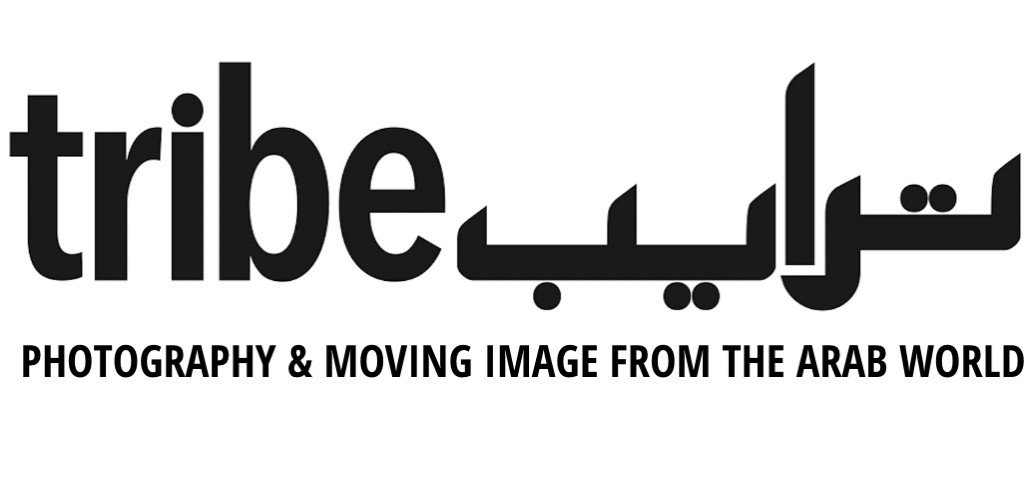Khaled Akil: Pokemon Go in Syria - Part I
Augmented reality reimagined on the war-torn streets of Aleppo
With text by Rosemary Irons.
When photographer Khaled Akil’s latest project Pokemon Go in Syria caught the attention of Al Jazeera News, the public looked up from their smart phones and paid attention. The images are without a doubt compelling: The curious juxtaposition of Pikachu sitting forlorn in the foreground, a scene of destruction behind him; a Charizard stands ready for combat alongside a band of armed Al-Nursa troops; a Crawdaunt crawls from broken pipe as young boys play in a murky pool of sewer water; a Vaporeon escorts a boy wheeling his bike down a residential street in ruins, as if the creature were the chaperone.
The familiar scenes of devastation in Syria are made all the more unsettling when contrasted with the cute and colourful characters of the Pokemon Go craze. The digital collage series went viral overnight; it was an eerie and uncomfortable message, and one the media couldn’t ignore.
Reflecting on the acclaim he’s received due to the Pokemon series, Akil states “Artwise, it’s not difficult to do what I did. The work itself is simply a statement. But then art is not necessarily to create work that is technically sophisticated or something that requires great talent. There are those who make art in half an hour, while for others it can take months, even years. Ultimately, it’s the idea behind the work that’s important, not the number of hours spent in the studio. This series serves as a reminder to the world that the war in Syria is still ongoing, despite the latest popular distraction in mainstream media.
“In my usual artistic practice, I prefer to give time to my work, technique-wise. It’s a process that I enjoy. I’m not saying that my Pokemon series isn’t as meaningful as my fine art-photography. It could be that Pokemon Go in Syria is profoundly important. Not necessarily now, but for the future. Decades from now, this work will be an archive, a documentation of what’s happening in this historical moment. And right now it’s the augmented reality trend and the war in Syria flooding our media feeds. This work is simply a portrait of our time”.
A graduate of Law and political Science from Beirut Arab University, Akil’s work has an undeniable humanitarian focus, which stems from his legal pedigree. His lineage includes the likes of Abd al-Rahman al-Kawakibi, a prominent intellectual of the late 19th century who published works on Islamic identity and Pan-Arabism openly criticizing the Ottoman Empire. While Akil’s father is an established artist in Syria, it is in fact his late maternal grandfather, a renowned judge in his time, to whom he attributes his passion for photography. “I owe my whole career to the first Zenit camera I received from him as a gift on my 16th birthday, and to the long hours we spent exploring the universe of photography and many other fields. Owing to him, I chose to study law, and then also owing to him, I chose not to practice it”. With this, Akil’s photography inevitably developed into a visual commentary on the contemporary Arab world, addressing many of the complex sociopolitical issues he observed during his daily life in Aleppo.
“Much of my previous work deals with controversial problems within our Middle Eastern society, and such topics can be difficult to swallow for some people. But I think that’s the duty of art: to open doors to these types of discussions. People will view my work, and while they might not always understand what’s going on, the image should provoke them to ask questions, to start a dialogue. Pokemon Go is easier; it’s for the masses. It doesn’t need any context or further explanation. And if everyone understands my message, then that’s what I want. That’s the end goal.”
When asked about Part 2, Akil states “The fact that people are talking about my Pokemon series, well its motivation, let me say: I’ll continue to produce more of this type of work for certain. I labelled the series Part I simply because it’s a very brief statement. I needed to publish it quickly, to get my message out there. But it’s not enough. There are so many ideas in my mind… Part II will follow soon.”
Khaled Akil (b. 1986, Aleppo) is currently living and working in Istanbul while many of his family members remain in Syria. He has exhibited his work internationally, in both solo and group exhibits, including the Lahd Gallery (London); West Branch Gallery (Stowe, Vermont); FotoFest (Houston, Texas); Art in Exile Festival (Washington, D.C.); Tajallyat Gallery (Beirut);Mustafa Ali Art Foundation (Damascus); Karma Art Gallery (Aleppo); Sarmad Gallery (Aleppo); Chalabi Art Gallery (Istanbul); and the collection of the Barjeel Art Foundation (Sharjah). He hopes to return to his home in Aleppo when the war is over.

